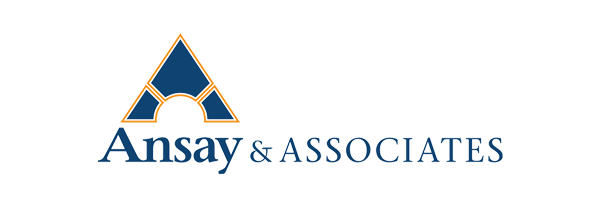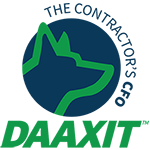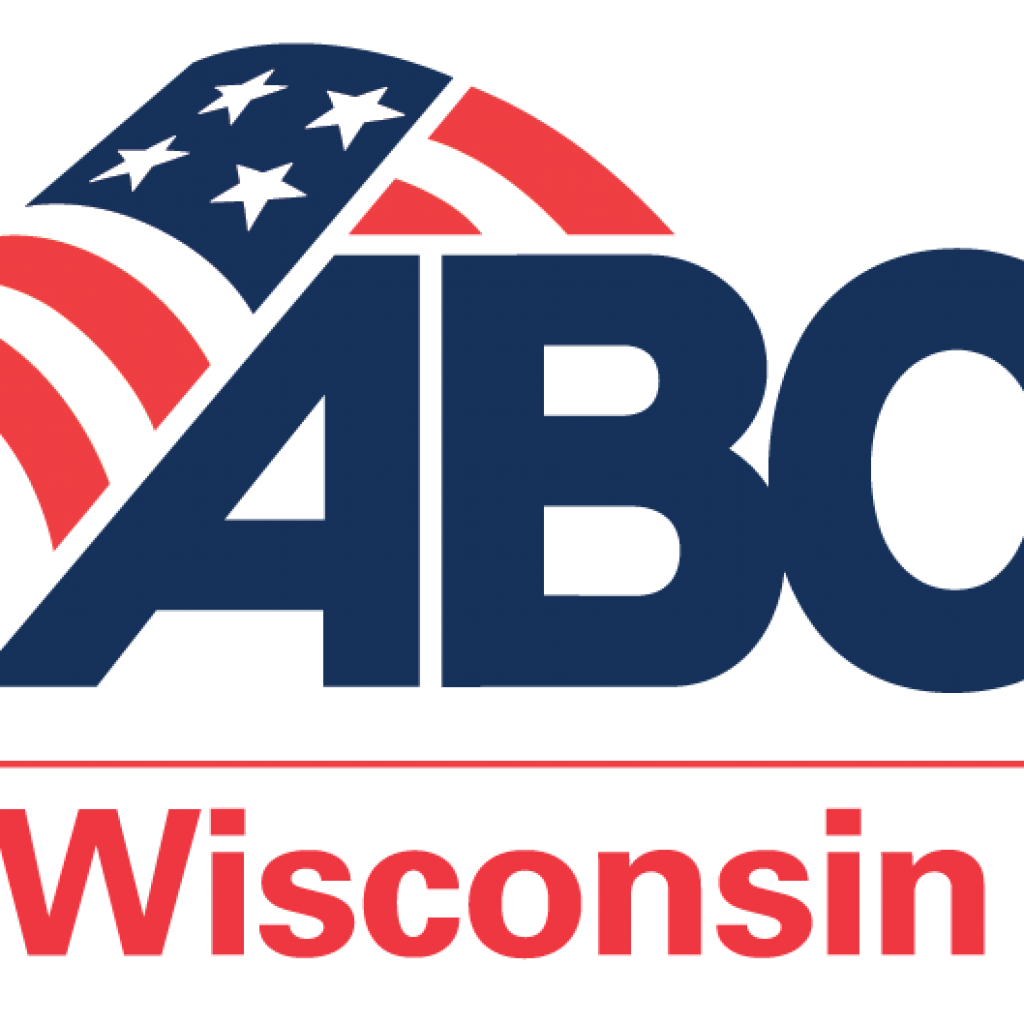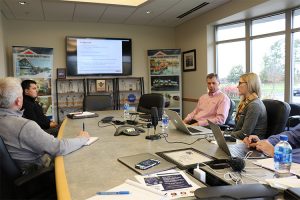
Drones are becoming an increasingly popular way for construction companies to capture aerial footage of job sites for marketing and planning purposes, but what does it take to get started?
Natalie (Braun) Gregerson, a marketing associate with Kraemer Brothers in Plain and a licensed drone pilot, discussed her experiences using drones for her company during a Marketing & Sales Shared Interest Group meeting on Oct. 11 at Friede & Associates in Reedsburg.
Gregerson obtained her drone pilot license in July 2017. Since then, she’s logged 86 flights, more than six and a half hours of flying time and flown more than 30,000 meters.
Gregerson said there are several uses for drones in the construction industry, but the primary use for many companies is project photography, marketing and site mapping. Certain apps allow construction users to map the topography of a job site, check the health of vegetation and estimate quantities in dirt piles or bodies of water.
“We’ve had hotel clients who are looking to build hotels,” Gregerson said, “and I’ll go out and take drone photos so they can see what each view will be from each floor. It’s a unique aspect our clients have come to us with.”
Before buying a drone for your business, Gregerson said it was important to consider the time and financial commitment required to become properly licensed and the risks that are involved.
Drone operators who do work for business purposes are required to obtain a “Remote Pilot Certificate” under the Federal Aviation Administration’s Small Unmanned Aircraft Systems (UAS) Rule, which requires rigorous training and testing. Drone pilots are also required to become recertified every 24 months.
Regular umbrella liability insurance coverage also doesn’t cover any accidents or injuries that are caused by a drone crash, Gregerson said, noting her company carries a separate insurance policy for the drone.
“From a safety standpoint, in construction, safety is the Number 1 priority,” Gregerson said. “It’s the same thing with drones. When you study for your drone exam, that is a very important topic that the study guides will cover. People think it’s just this fun toy, but when you consider all that can go wrong, it is important to have a safety plan and you want to evaluate any potential risk before flying.”
Gregerson estimated it costs between $1,500 and $2,000 to purchase a quality drone and to pay for study materials and the FAA exam. Gregerson said she used a DJI Phantom 3 drone and recommended the DJI brand in general.

